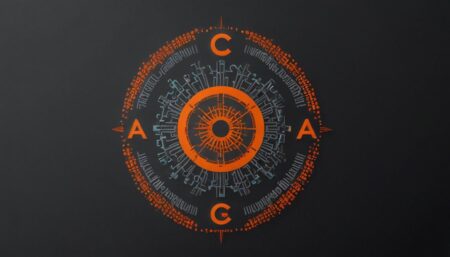The Defense Advanced Research Projects Agency (DARPA) successfully transfers new defensive technologies developed under the Guaranteeing AI Robustness Against Deception (GARD) program to enhance security for military artificial intelligence (AI) systems against adversarial attacks. These capabilities, now under the Defense Department’s Chief Digital and Artificial Intelligence Office (CDAO), aim to counteract threats aimed at deceiving AI systems and ensure reliable operations in adversarial environments.
The Defense Advanced Research Projects Agency (DARPA) has successfully transitioned new defensive technologies designed to protect military artificial intelligence (AI) systems from adversarial attacks. Developed under the Guaranteeing AI Robustness Against Deception (GARD) program, these capabilities have been transferred to the Defense Department’s Chief Digital and Artificial Intelligence Office (CDAO).
The GARD program was initiated to bolster defenses against attacks aimed at misleading AI systems through anomalies like noise patterns in sensor data. Such attacks could potentially cause misclassification by AI, leading to significant misinterpretations of critical information. DARPA’s initiatives to counteract these threats include creating specialized algorithms and open-source tools in collaboration with industry experts, including researchers at Google.
The transition to the CDAO, an office established in 2022 to expedite AI adoption across the Defense Department, aligns with DARPA’s strategy of enhancing the overall robustness of AI systems in military applications. This handover is part of a broader initiative to ensure AI systems can operate reliably and securely in adversarial environments.
DARPA’s involvement in AI development dates back to its founding in 1958, and its focus has intensified in recent years. The agency has invested over $2 billion in AI advancements since 2018 under the AI Next campaign. Additionally, the president’s fiscal 2025 budget request includes $310 million for DARPA’s AI Forward initiative to further research and develop trustworthy AI technology.
The Pentagon has requested $10 million in fiscal 2024 for ongoing research, development, testing, and evaluation for the GARD program, noting no further funds will be needed post-2024 as the initiative concludes.










